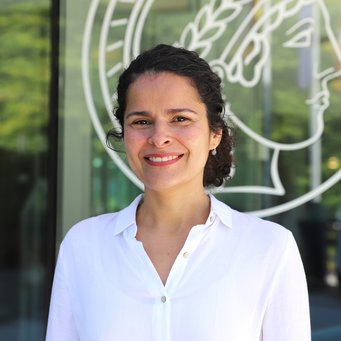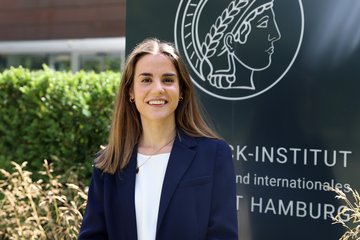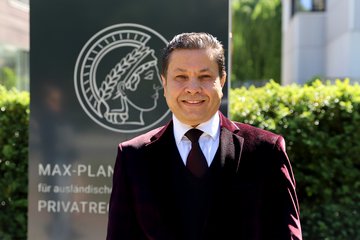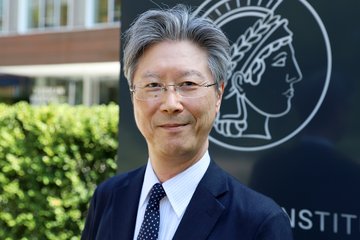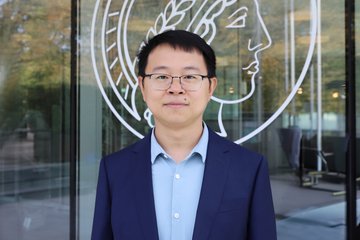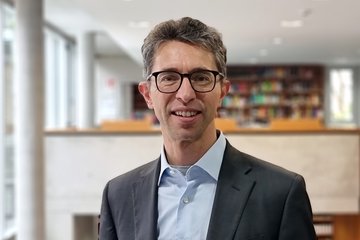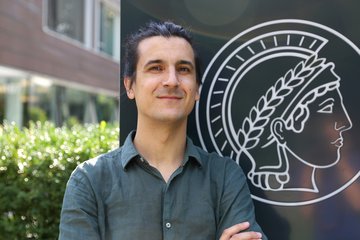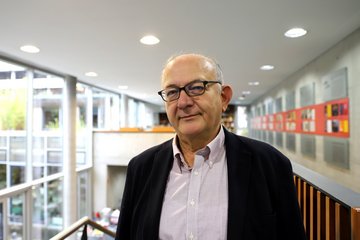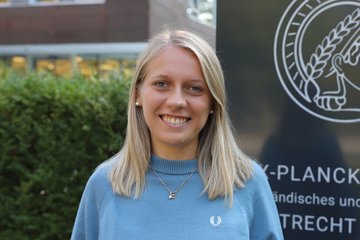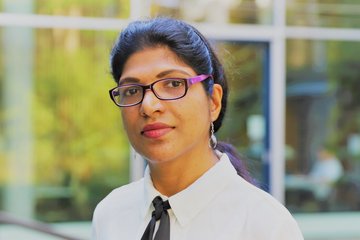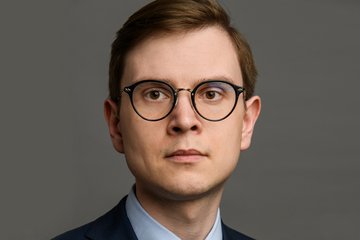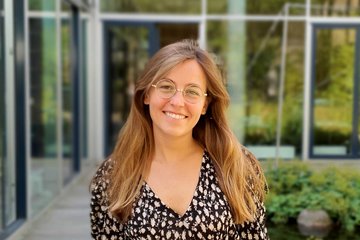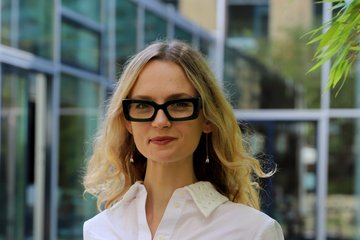A conversation with visiting fellow María Julia Ochoa Jiménez
The Venezuelan-born legal scholar who teaches in Seville was a guest in Hamburg in June 2024, participating as a fellow in the team of Institute Director Ralf Michaels. Jiménez is researching issues relating to the restitution of cultural property of colonial origin. She is also working on a proposal for a private international law statute in Colombia.
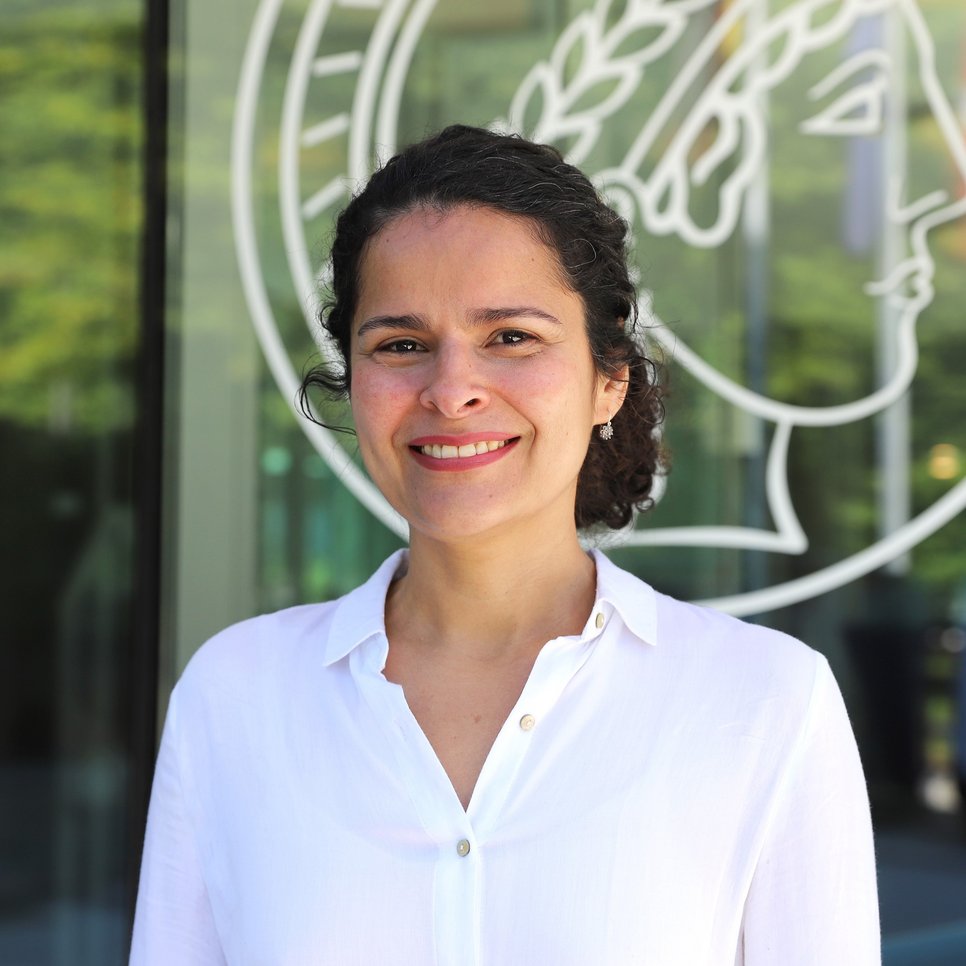
“Looking at questions of restitution from the perspective of private international law is a relatively new development. For a long time, the discipline was generally characterized by the rather conservative approach of European PIL, whose tradition has also shaped Latin American conflict of laws," says María Julia Ochoa Jiménez. "But a lot has changed in recent years. Moving forward from legal pluralist concepts, pre-colonial rules and principles are also now being taken into account. With this approach, we can uphold the interests of indigenous communities when it comes to what should happen to cultural assets that are restituted from Europe, for example."
As a scholar specializing in both PIL and public international law, it is natural for her to combine civil law issues with human rights. As a restitution expert, Jiménez is interested in indigenous rights and their cultural expression. She is a member of the Global Justice Program at Yale University and is also involved in the international network Academics Stand Against Poverty (ASAP).
Her academic background is similarly international and interdisciplinary. After studying law in Venezuela, she relocated to the University of Göttingen, where in 2011 she completed her doctorate in international law with a thesis on the protection of tangible cultural assets in Latin America. She spent more than ten years researching and teaching in Colombia before moving in 2022 to the Universidad Loyola in Seville and assuming the position of professor. In 2023, she was a Humboldt Fellow at the Institute of Archaeology and Cultural Anthropology at the University of Bonn.
Her work on PIL brought Ochoa Jiménez to the Max Planck Institute for Comparative and International Private Law for the first time in 2018. Valuable input was offered by Kurt Siehr, former senior research fellow at the Institute and professor emeritus at the University of Zurich, as well as the Institute's earlier reporter on Latin America, Jürgen Samtleben. New ideas arose in connection with the project 'The Private Side of Transforming our World', an effort initiated by Ralf Michaels, Verónica Ruiz Abou-Nigm, and Hans van Loon that addressed the 17 sustainable development goals of the United Nations: "An examination of PIL in the context of sustainability and decolonization aligns perfectly with my research topics and therefore augments my work considerably."
Together with colleagues from academia, Ochoa Jiménez is working on a legislative proposal for Colombian private international law. "Until now, Colombia has not possessed a systematic set of rules for cross-border civil law matters. A new statutory regime would also allow the creation of new arrangements facilitating restitution." Accordingly, the proposal envisages that indigenous laws and traditions should be determinative in ruling on the final fate of restituted indigenous cultural assets. In talking with Ochoa Jiménez, it becomes clear that such a regulation could also be a catalyst for changes at the international level. "At the very least, it is our aim to initiate a broader debate."
Image: © Max Planck Institute for Comparative and International Private Law / Johanna Detering
